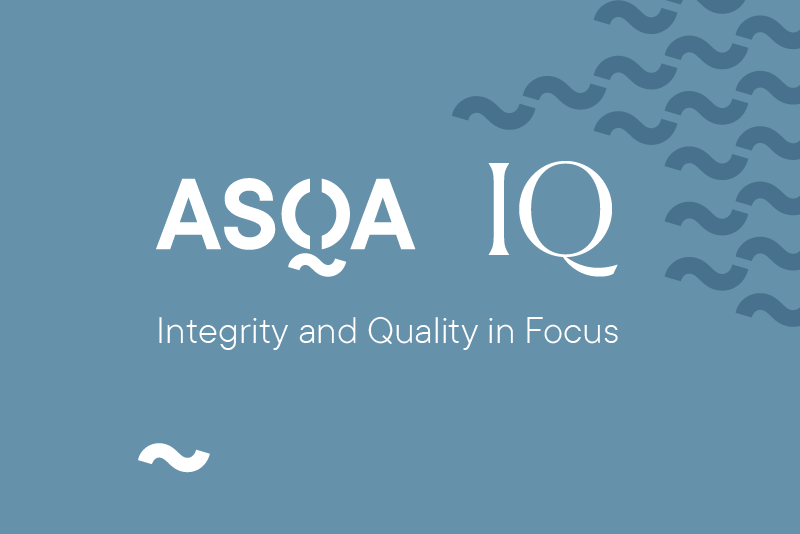21 October 2020, Rome – Italy’s agri-food system offers lessons on the transformations the world needs, and the nation is playing a critical role by promoting a multilateral food coalition that is closely aligned to FAO’s own rural development framework as articulated in the Hand-in-Hand Initiative and the COVID-19 Response and Recovery Programme, FAO Director-General QU Dongyu said today in an address to members of Italy’s parliament.
“FAO is proud to be your partner in this noble mission of eradicating hunger, eliminating poverty and creating a world of harmony and solidarity,” the Director-General said in remarks to the Committee on Foreign Affairs and the Committee on Agriculture.
The mostly virtual event was moderated by Piero Fassino, Chair of the Chamber of Deputies’ Foreign Affairs Committee, and Filippo Gallinella, Chair of the Agriculture Committee.
Italy’s approach to international cooperation focuses on the link between humanitarian interventions and development and the goal of creating resilient and sustainable supply chains, said Fassino, hailing FAO’s “big role in enshrining the right to food in the laws of more than 30 countries.”
The COVID-19 Food Coalition presented in June by Italy aims to “stand alongside FAO” and create a “network of best practices in the fight against food security”, said Gallinella. “Food security should be a permanent priority and central to national recovery plans” in the wake of the pandemic, he added, noting Italy’s strong support for the Food Coalition.
Some 40 countries have expressed interest in joining the coalition, including numerous members of the G-20, the Director-General said, noting that he has taken a strong personal role in promoting the plan and met with more than 100 potential partners.
The Coalition, to be led by FAO, is a multi-stakeholder, multisectoral mechanism that aims to mobilize political, financial and technical assistance to tackle the medium and long-term adverse impacts of the pandemic on food systems and agriculture. The Coalition is a means to pursuing the transformation of the world’s’ agri-food systems to fit the “new normal”, he added.
FAO will officially launch the COVID-19 Food Coalition at a high-level event on 5 November 2020. Qu described it as a country-led and country-owned initiative with FAO taking charge of implementation and creating a platform for dialogue among diverse stakeholders to help countries achieve SDG-2 – ending hunger by 2030 – through global coordinated action.
The pandemic has “brought about a crisis of a magnitude without parallel in modern times” and “laid bare the fragility of our agri-food systems, the frailty of our food supply chain, the precarious nature of the agricultural labour force and the thin line that separates many families from poverty,” the Director-General said.
Lively debate
Numerous Italian parliamentarians participated in today’s session, with one – insisting that that the Food Coalition and Hand-in-Hand Initiative should be part of a permanent ongoing effort “because in agriculture we go from crisis to crisis.” Another, Maurizio Martina, a former agriculture minister, expressed his “full support” for the coalition and noted that collaboration between Italy and FAO had begun to intensify with the 2015 Milan Expo.
The Director-General fielded a host of questions. He emphasized that since taking the helm in August 2019 he has sought to overhaul FAO to make it more dynamic, transparent, inclusive, digital, accountable, innovative and action- and results-oriented. Stressing the importance that the Organization be seen as giving significant returns to its Members, especially its host country, he called for robust feedback, which he termed essential for sustainable partnerships and positive synergies as well as enabling the Food Coalition to grow.
Qu expressed optimism about the prospects for international collaboration, saying that the 20 countries that provide the most resources to FAO have all paid their membership fees on time and increased their voluntary contributions. On issues such as global food security – and worldwide parliamentary initiatives such as the Right to Food – multilateral cooperation is like a river that can’t be stopped from reaching the sea, he said.
He alluded to the fundamental contributions that agricultural innovation can make, citing the dramatic improvements in output and food security that were achieved in China since he was a child.
On Italy
The Director-General noted that Italy has a special status in the world of food and agriculture, with the Mediterranean diet, a family-farming base producing high-value outputs, a strong food-processing sector, powerful marketing skills and a cultural focus on healthy diets – all elements that are key to the sustainable transformation of agri-food systems that FAO is pursuing worldwide.
He called upon Italy to make wider use of digital technologies in food and agriculture -and participate in the International Platform for Digital Food and Agriculture, calling it key for rural development and noting that the post-pandemic landscape will almost certainly feature “a more digital life” for all.
He also thanked Italy for the generous concession of its headquarters in central Rome – noting that recent World Food Day celebrations including a video mapping show on the Colosseum’s walls were a homage to Italy and its people – and invited parliamentarians to visit FAO headquarters to deepen the dialogue and partnership.








